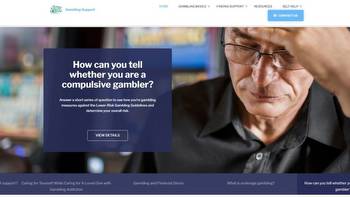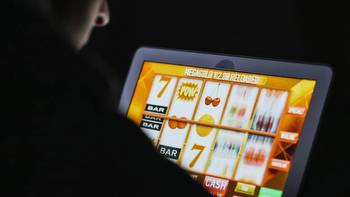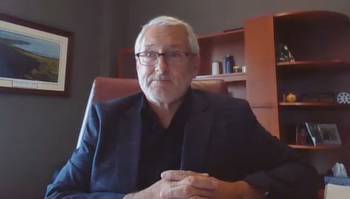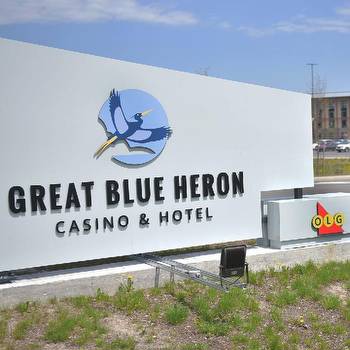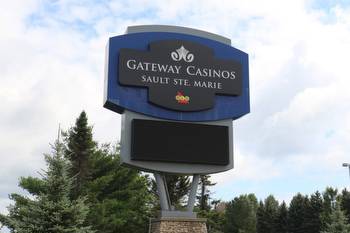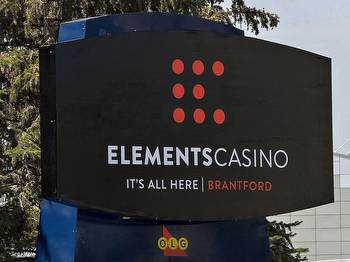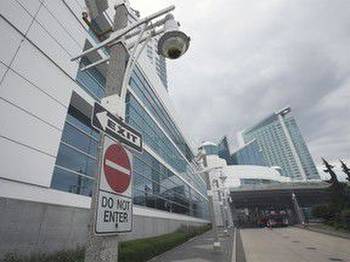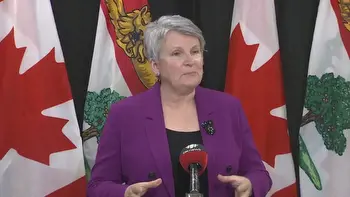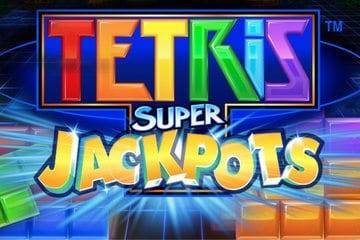P.E.I. develops new strategy, but offers no new funding to combat problem gambling

Finance minister says there’s no current plan to launch an online casino, but new strategy provides ‘solid foundation’ for future decision
The new strategy recommends the province’s commitment to funding responsible gaming programs remain unchanged
The P.E.I. government has updated its responsible gambling strategy for the first time since a provincial strategy was first unveiled back in 2008.
In those days the biggest concerns were around the potential harm from video lottery terminals.
Finance Minister Jill Burridge said these days the biggest concern is from online gambling.
"In the last 15 years, the landscape has changed, mostly to a digital nature," Burridge said. "And so we needed to have a new strategy to kind of speak to that, and help us manage that in a responsible way."
P.E.I. had plans two years ago to launch an online casino in conjunction with the Atlantic Lottery Corporation, but then put those plans on hold.
Debate around the issue led to calls to renew the responsible gaming strategy.
Strategy developed by consulting firm
While the strategy calls for the province to develop a plan to keep Islanders away from "illicit offshore [gambling] sites," Burridge said there are currently no plans for an online casino.
"We're kind of focusing on our big priorities of health, housing and affordability. But I guess what [the strategy] would give us in the future is a solid foundation to base decisions of that nature in a way that… balance[s] access with protection."
The strategy, developed by consulting firm MRSB on behalf of the P.E.I. Lotteries Commission, recommends the province develop player cards for casino games and VLTs which could be used to implement deposit and loss limits and provide feedback on play habits.
The strategy also recommends the province remove VLTs from sites that promote alcohol consumption while gambling, promote prolonged play or do not provide adequate responsible gambling support.
"There's going to be certain guidelines that [operators] are going to have to follow in order to keep those VLTs in their sites," said Burridge, noting those guidelines haven't yet been developed.
'They care more about the revenues'
The rollout of the province's initial responsible gambling strategy included a cap on VLTs and a consolidation in terms of where they were located, moving some from privately run bars and community centres to P.E.I.'s two provincially operated casinos.
The new strategy recommends the province's commitment to funding responsible gaming programs remain unchanged, at a minimum of 1.5 per cent of net gambling revenues.
Liberal MLA Gord McNeilly said that "does not go anywhere near enough," pointing to a recommendation from the province's Standing Committee on Health and Wellness two years ago that the province increase that figure.
"They care more about the revenues generated than they do about helping the people," McNeilly said. "This strategy just confirms that."
In the fiscal year 2021-22, the most recent year for which audited financials are available, the province spent $237,950 on its responsible gambling strategy, just one per cent of the more than $23 million the province accumulated in gambling revenues that year.
By contrast, the province allocated 17 per cent of its gambling revenues – $3.9 million – to support the harness racing industry.
The strategy recommends that financial support for harness racing continue.
Burridge said this year the province made a three-year commitment to provide $500,000 per year to the province's gambling support unit.
The strategy cites data from a prevalence study in 2019 which found nine per cent of P.E.I. residents were "at risk of some level of harm from gambling."
Online casinos not part of government's mandate: MLA
Two years ago, when the province was planning to launch an online casino, MLAs from all three parties in the legislature raised concerns, as did experts who appeared before the health committee.
McNeilly said the province shouldn't be trying to compete with existing online sites and if the proposal comes forward again, he'll oppose it.
"There's no way that the provincial government's mandate is to get involved with an online casino," he said.
Further recommendations from the new strategy include:
- That the province limit the ability for Islanders to gamble using credit cards at casinos and online and limit access to ATMs at VLT sites.
- That the province consult with experts to identify "higher-risk digital games," restricting access to those games and limiting advertising for them.
- That the province fund a study to look at "the long-term impacts of digital games on gambling prevalence on P.E.I."
- That the province provide more education around gambling risks, including "evidence-based gambling education for youth (16+)" that educates them "about odds and shifts the focus to participation in other activities."
Kerry Campbell is the provincial affairs reporter for CBC P.E.I., covering politics and the provincial legislature. kerry.campbell@cbc.ca












